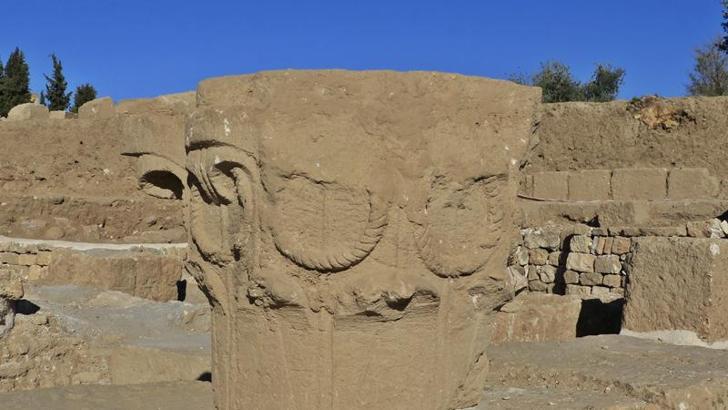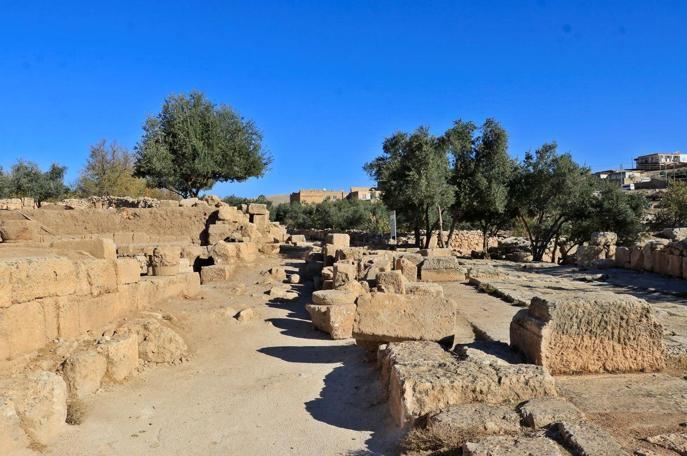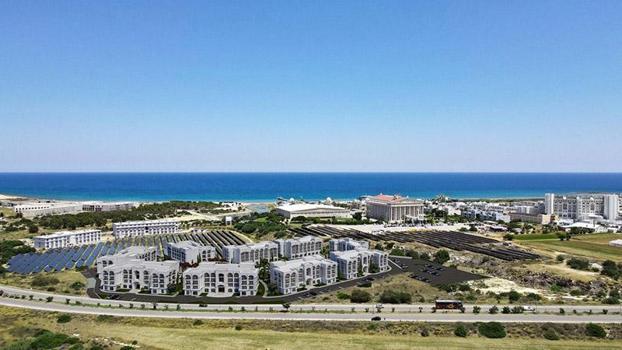Roman Emperor Anastasius I had a stonemason brought from Syria for the ancient city of Dara
The new findings obtained in Dara, where excavations continue in Mardin, revealed that the Roman Emperor Anastasius the 1st gave great importance to the ancient city and brought special stonemasons from Syria, paying a serious amount of money to be employed in the construction. Head of the excavation, Kafkas University Faculty of Arts and Sciences Department of Archeology Lecturer Assoc. Dr. Huseyin Metin said, "We understand that the emperor spared no expense in the establishment of Dara, and he specially brought stonemasons from Syria from the data we have obtained.”

The ancient city of Dara is located in Oguz village, 30 kilometers southeast of the city. With the support of the General Directorate of Cultural Heritage and Museums, Turkish Historical Society, Development Agency of Dicle, Mardin Governorship, and Mardin Metropolitan Municipality, and under the leadership of Assoc. Dr. Huseyin Metin excavation work continues in the ancient city Dara. Findings have been found revealing that the Byzantine Emperor Anastasius the 1st brought a special stonemason from Syria during the foundation of the 5,000-year-old ancient city of Dara, one of the most important settlements in Upper Mesopotamia.
SAME CITY, DIFFERENT STYLE
Pointing out that the findings revealing that different styles were used in the same city were unearthed for the first time, the head of the excavation, Metin said:
“We knew that there was a rapid settlement activity in Dara during the reign of Anastasius I. The city was almost rebuilt in a short period of about 4 years. Thus, we realize that many stonemasons worked here at the same time. In ancient sources, it was mentioned that stonemasons from Syria were working in the city. During our excavations, we documented this information for the first time with archaeological finds. We understand that the emperor spared no expense in the establishment of Dara, and specially brought stonemasons from Syria from the data we obtained about the new column capitals. We are talking about special structures built at the hands of many workers at the same time. Therefore, I should especially point out that when the ancient Dara was established, great importance was given to the city and no expense was spared. The column capitals here are very different from the Byzantine examples in terms of style, and there is local craftsmanship. Examples of these are found in Syria.”






